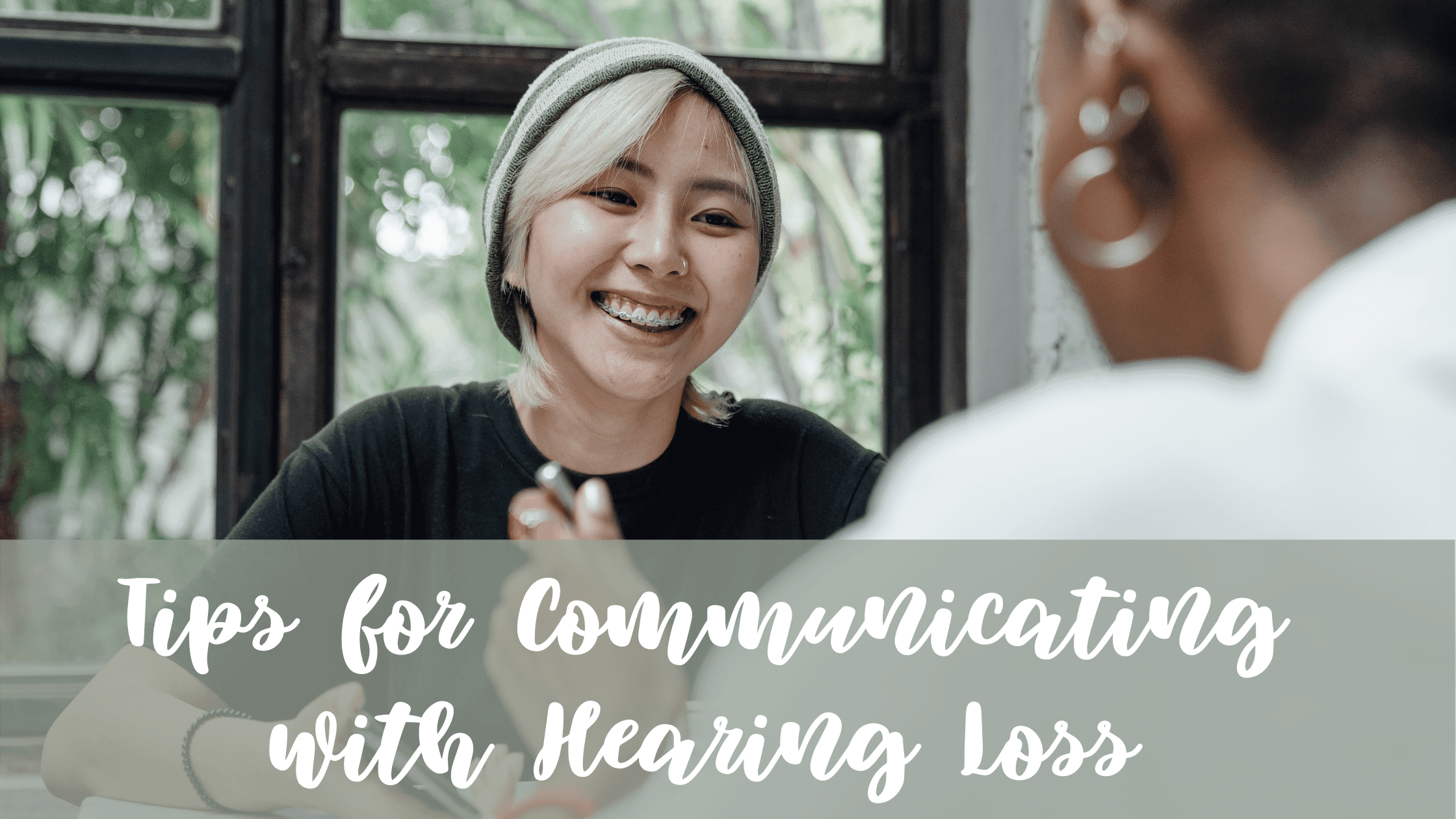- Volunteering for Hearing Health Causes - May 27, 2025
- Questions to Ask During Your Hearing Health Appointment - May 16, 2025
- Exploring Alternative Therapies for Hearing Loss - May 6, 2025
If you live with hearing loss, you know that it can truly change the ways in which you communicate. Everyday conversations can be frustrating or exhausting, especially when hearing loss goes untreated. When hearing loss is part of your everyday life, absorbing some adaptations to the way you communicate can help make things easier. Here are a few tips to help you communicate better:
Seek Quiet Spaces
Making sure conversations happen in quiet spaces can go a long way towards improving how well you comprehend what is said. When hearing loss is a factor, background noise degrades what you hear significantly and can make conversations impossible to follow. A setting with a lot of activity can distract from what is being said. Whenever possible, suggest a quiet, calm setting to talk with others. To reduce background noise, sit with your back close to a curtain or wall that can absorb some sound.
Use Alerting Devices
When hearing is challenging, you can miss out on important incoming information. Make sure to use vibrational alerts and alarms in addition to audio notifications. Most cell phones come with the capacity to give a vibrating ringer while special models of landline telephones come equipped with a flashing light and vibrating base to alert you of incoming calls. Bed shakers are a handy tool that can take the place of an audio alarm clock, using a shaking vibration to rouse you. If you live with hearing loss your home safety devices should also be able to meet your needs. Look for smoke and CO2 detectors that deliver multiple alerts – like flashing lights in addition to sound.
Take Advantage of Texts
Cell phones have permanently changed the way we communicate with others including the rise in text-based conversations. When a spoken conversation becomes too difficult to comprehend, try shifting your discussion to your phones. Having the words in writing can be especially helpful when specific information is being conveyed, such as an address. The efficiency of text conversations can make possible conversations in busy or noisy conditions where hearing is hard.
Start with a Name
A good habit to introduce to conversations between many people is to start each statement with the name of the person you are addressing and asking others to do the same. By starting with a name you make it much easier for those with hearing issues to follow the flow of a conversation. While it may initially seem difficult to remember, when put into practice it can become a great technique for improving listening.
Face the Speaker
Hearing loss creates gaps in how much sound we perceive, leaving our mind to fill in the blank space and create meaning from sound. This can become much easier when we can use context clues such as seeing a facial expression, hand gesture or lip movement that accompanies speech. To get the most context from others while they speak, face them and pay attention to their face as they are talking.
Video Captioning
What once seemed years away, live action captioning, has become more effective and available as many events, schools and workplaces make the shift to greater online time. Many video conferencing services and live streaming events now offer the ability to provide live captioning, a huge boon in accessibility for people with hearing loss. When it is available, take advantage of captioning to support your comprehension.
Use Hearing Aids
When it comes to managing hearing loss, nothing works better than using hearing aids. Modern hearing aids are small, powerful, durable and discreet. They use digital sound processing to optimize incoming sounds for your hearing. With advances in technology, hearing aids can reduce background noise and help you navigate noisy environments better. Some hearing aids now have the capacity to stream sound from smartphones and other digital systems in your home, delivering clear and focused sound and speech straight to your ear canal for better comprehension.
Do you want to start hearing better? We’re here to help. We offer comprehensive hearing care that can help find the right hearing treatment path for your needs. It is time to stop letting hearing loss hold you back from experiencing the world. Contact us today to start your journey to hearing health.

